Summertime (La Belle Saison) is a French lesbian romance drama set in 1971, at the crossroads of rural traditions and feminist awakening in Paris. The film follows the love story between Delphine, a farmer’s daughter who refuses to follow the life mapped out for her, and Carole, a married Parisian deeply involved in the women’s liberation movement. Their romance blooms with passion but ultimately collides with the constraints of family duty, social judgment, and the struggle for personal freedom.
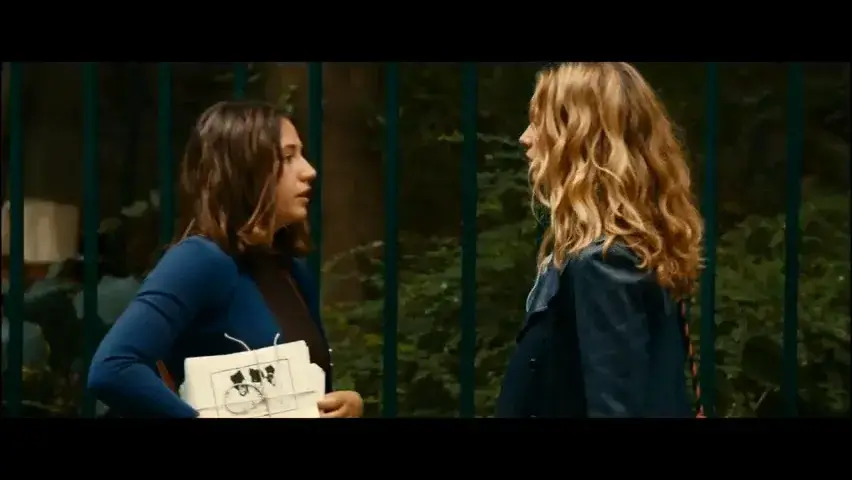
In 1971 France, Delphine (Izïa Higelin), the strong-willed daughter of a farming family, escapes the suffocating expectations of rural life and heads to Paris. There, she meets Carole (Cécile de France), an outspoken activist fighting for women’s rights, reproductive freedom, and sexual liberation. Their chance encounter sparks a fiery romance, with Delphine discovering a new world of political energy and sexual self-acceptance.
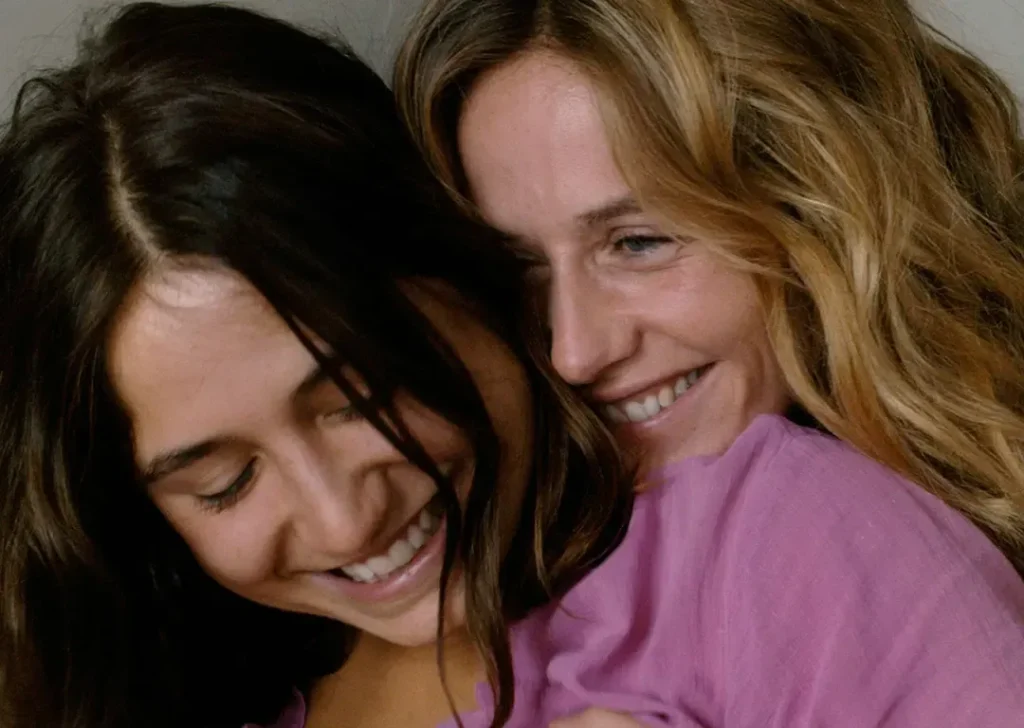
When Delphine’s father suffers a stroke, she is forced to return to her farm and shoulder family responsibilities. Carole follows her, leaving behind her Parisian life and even her boyfriend to support Delphine. In the countryside, the two women attempt to build a shared life—working the land by day and sharing stolen kisses by night. But suspicion and gossip spread quickly, and the weight of tradition bears down on Delphine.
At a pivotal moment, Carole and Delphine prepare to leave together, but Delphine hesitates on the train platform. Carole departs alone, heartbroken. Years later, Delphine writes her a letter: she has finally broken free and built her own life, but the chance to live their love openly has passed.
The ending is bittersweet: Summertime shows both the intoxicating beauty of first love and the cruel ways reality can fracture it.
Summertime Cast
Charactor

A farmer’s daughter torn between duty and desire, Delphine is strong, sensual, but fearful of social judgment.
Cate Blanchett
Izïa Higelin, a French actress and singer, captures both Delphine’s earthy physicality and her emotional vulnerability. Known for her music career before film, Izïa brought raw authenticity to the role, making Delphine one of the most memorable lesbian characters in French cinema.

An outspoken Parisian feminist activist, Carole is married but discovers her true passion and courage through her love for Delphine.
Cécile de France
Cécile de France, an acclaimed Belgian actress, is known for her versatility (The Spanish Apartment, Hereafter). Her performance gives Carole warmth and vitality, embodying a woman willing to risk everything for love and freedom.
Director
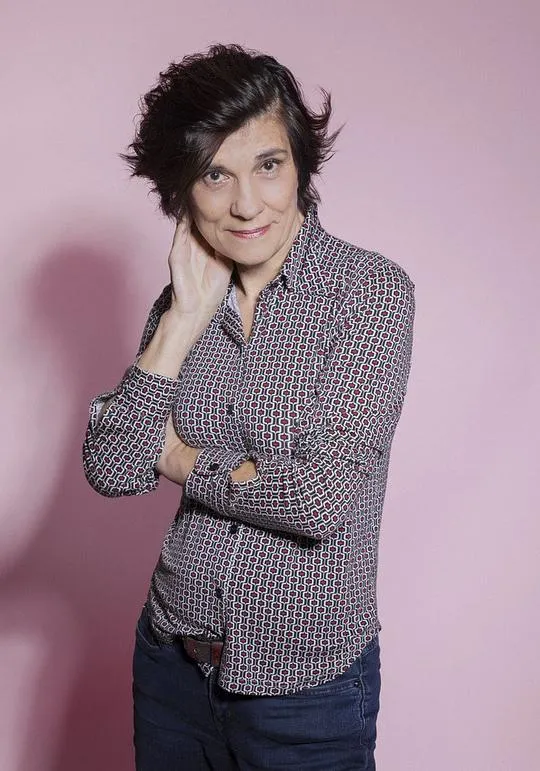
Catherine Corsini
Corsini is one of France’s few openly lesbian filmmakers and has long explored female desire, politics, and identity in her work. With Summertime, she set out to make a lesbian romance that was both political and deeply personal, blending feminist history with an intimate love story. While the film did not win major international awards, it was warmly received at the Locarno Film Festival and remains one of the most influential French lesbian films of the 2010s.
BEST SCENES
✨ The Train Station – Carole boards the train alone while Delphine remains behind, torn between love and duty. This scene crystallizes the film’s central theme of hesitation vs. courage.
✨ The Feminist Meetings – Carole and her comrades chant, protest, and speak boldly, capturing the fiery spirit of 1970s feminism.
✨ Mother’s Silent Discovery – Delphine’s mother quietly pulling open the curtains after finding the women in bed together is devastating in its restraint—no shouting, just quiet disapproval.
✨ The Love Scenes – Passionate and unapologetic, they push against stereotypes of how lesbian intimacy is usually filmed.
Summertime Review
Review
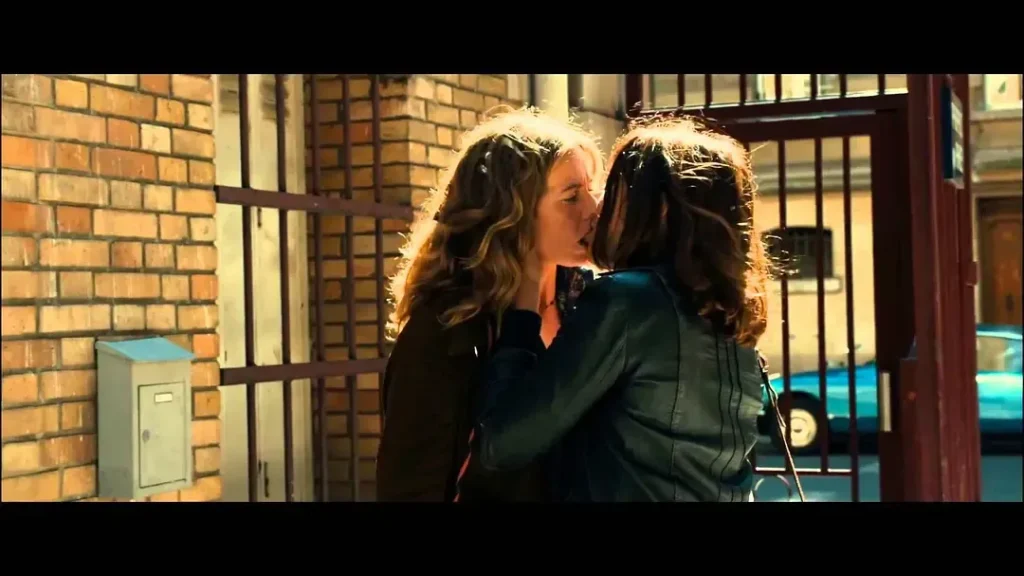

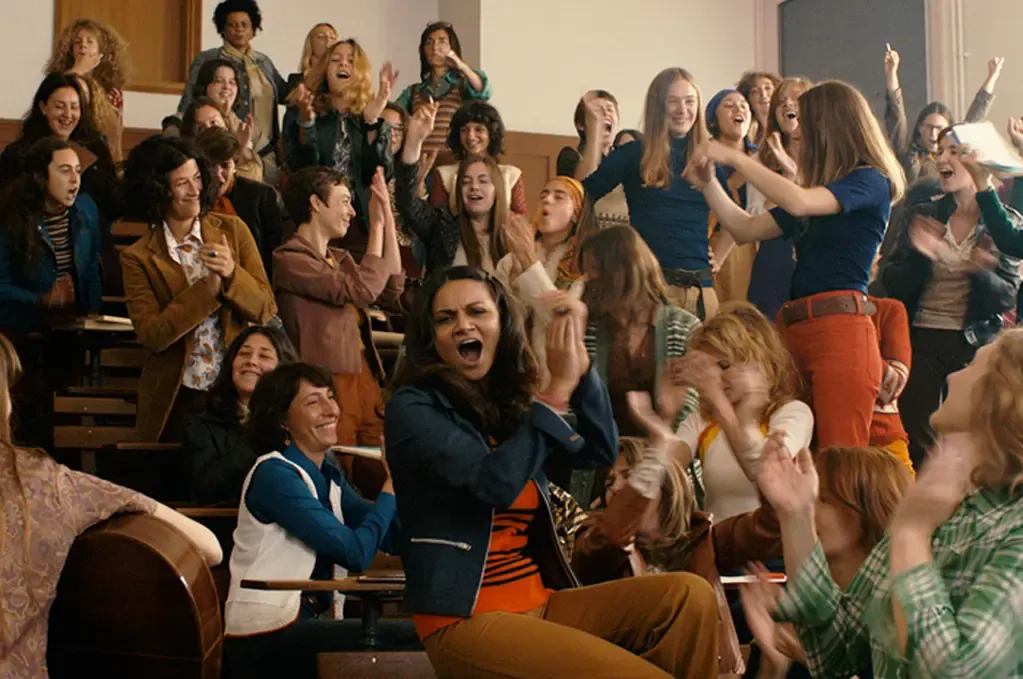
Story
Unlike many “idealized” lesbian romances, Summertime grounds its love story in politics, family duty, and rural tradition. The contrast between Parisian feminist activism—loud, radical, liberating—and the quiet, conservative world of Delphine’s farm is the film’s central tension. Their love burns brightly, but the surrounding world isn’t ready to accept them. It’s less about happily-ever-after, and more about how love can ignite growth and change.
Acting
Izïa Higelin gives Delphine a raw, earthy strength—her body language shaped by years of farm work, yet her gaze betraying vulnerability and longing. Cécile de France plays Carole with maturity and charm, embodying both feminist fire and romantic tenderness. Together, they create an electric yet uneven dynamic—one bold, one hesitant—that feels emotionally authentic.
Chemistry
The chemistry between Delphine and Carole is undeniable. Their lovemaking scenes are fearless, tender yet urgent, and often take place in spaces where they risk being seen—reflecting both their passion and the danger of exposure. Unlike the stylized restraint of Carol, Summertime embraces physical desire head-on, though never without emotional consequence.
Production
The cinematography contrasts golden summer fields with the smoky chaos of Paris protests, visually framing the divide between rural conformity and urban liberation. The film also uses music—folk songs, protest chants, even fragments of “The Internationale”—to immerse us in the 1970s feminist struggle. Costumes reflect the clash too: Delphine’s simple farm clothes vs. Carole’s chic Parisian style.
Ending
The ending avoids the cliché of either total tragedy or romantic idealism. Instead, it acknowledges that some loves shape us deeply even if they cannot last. Delphine’s final letter shows she has grown stronger—choosing independence and selfhood, even if it means losing Carole. The pain of separation becomes a lesson in resilience.
💬 My Take
Watching Summertime (La Belle Saison) left me both exhilarated and heartbroken. Unlike glossy love stories, this film feels grounded in dirt, sweat, and the weight of family duty. I admired Carole’s courage—she was willing to risk everything, including her marriage, for love. Delphine, on the other hand, broke my heart with her hesitation. At first I felt frustrated by her retreat at the train station, but her final letter years later made me understand: courage is not always immediate, sometimes it takes years of struggle to break free.
Compared with Carol, Summertime is less polished but more visceral. It’s not about picture-perfect romance; it’s about the messy reality of trying to love in a hostile world. And perhaps that’s why it lingers so powerfully—it feels true, raw, and painfully human.
Summertime Information
🏆 Awards & Recognition
41st César Awards (2016) – Best Actress Nomination (Cécile de France)
41st César Awards (2016) – Best Supporting Actress Nomination (Noémie Lvovsky)
68th Locarno Film Festival (2015) – Variety Piazza Grande Award (Catherine Corsini)
